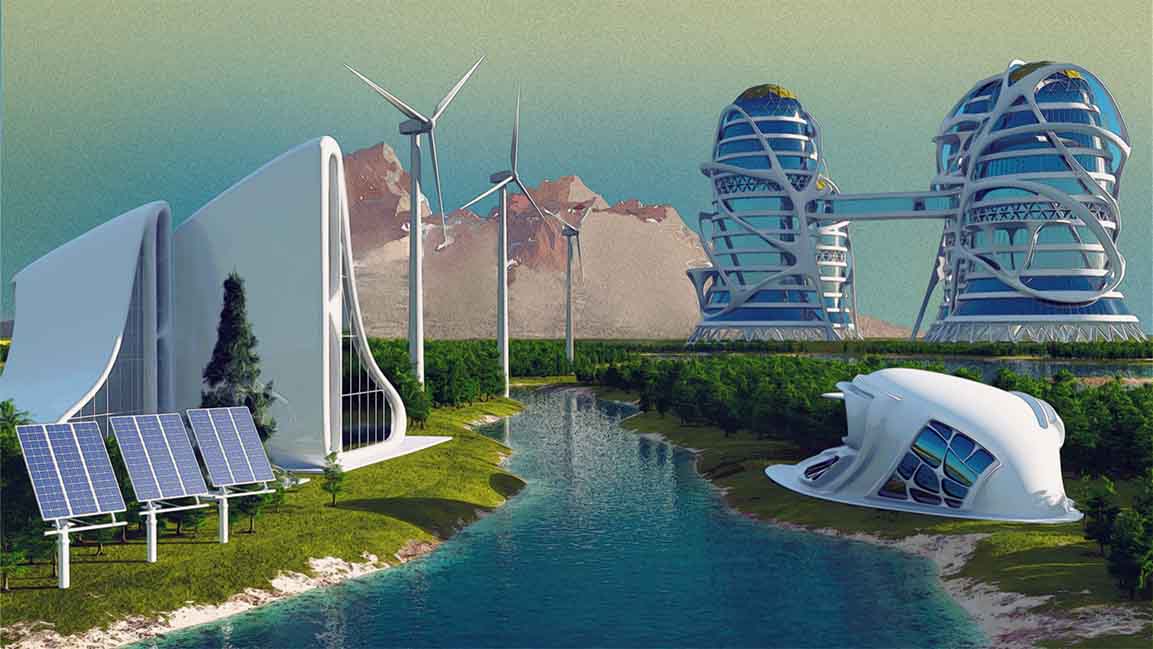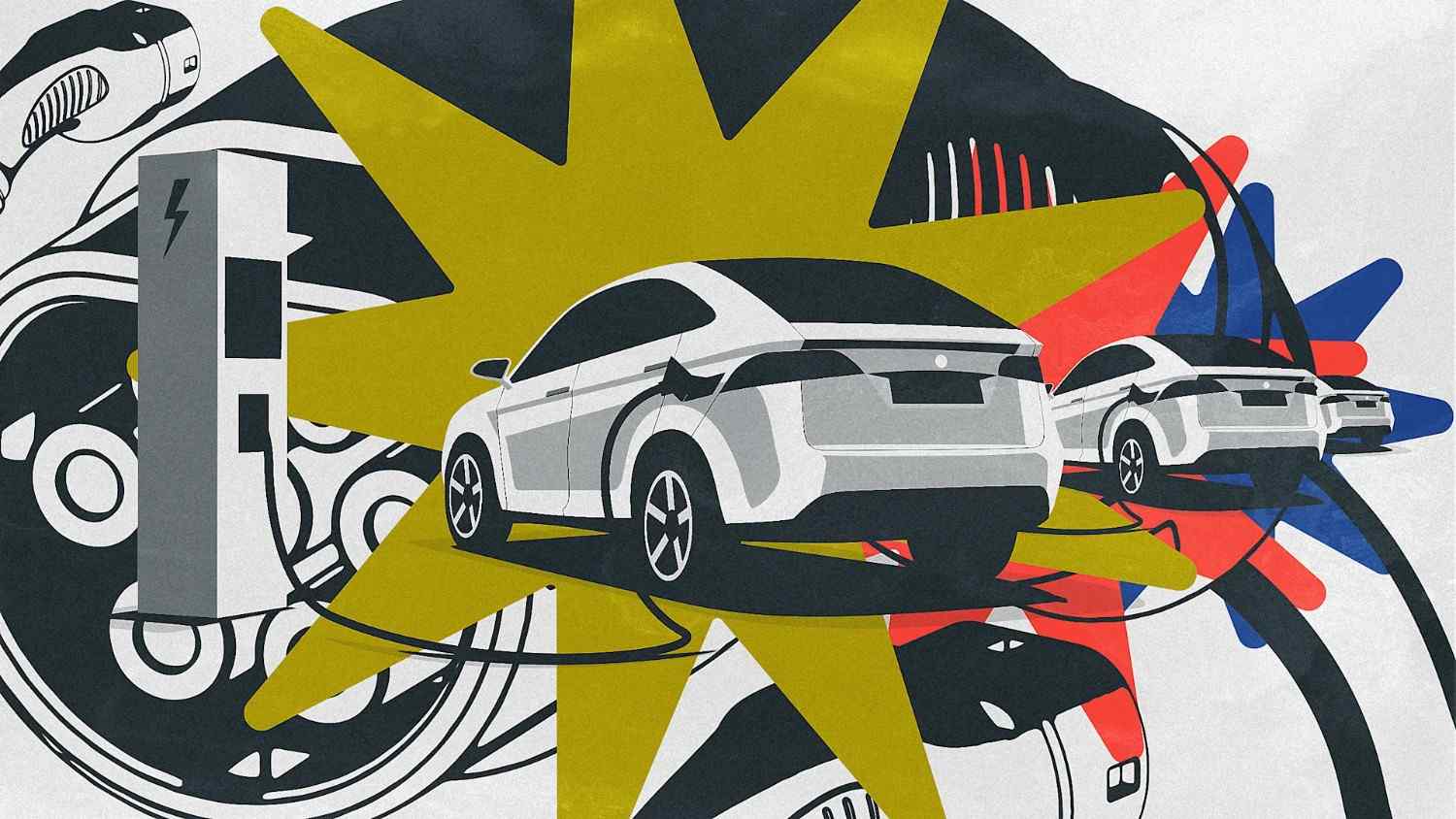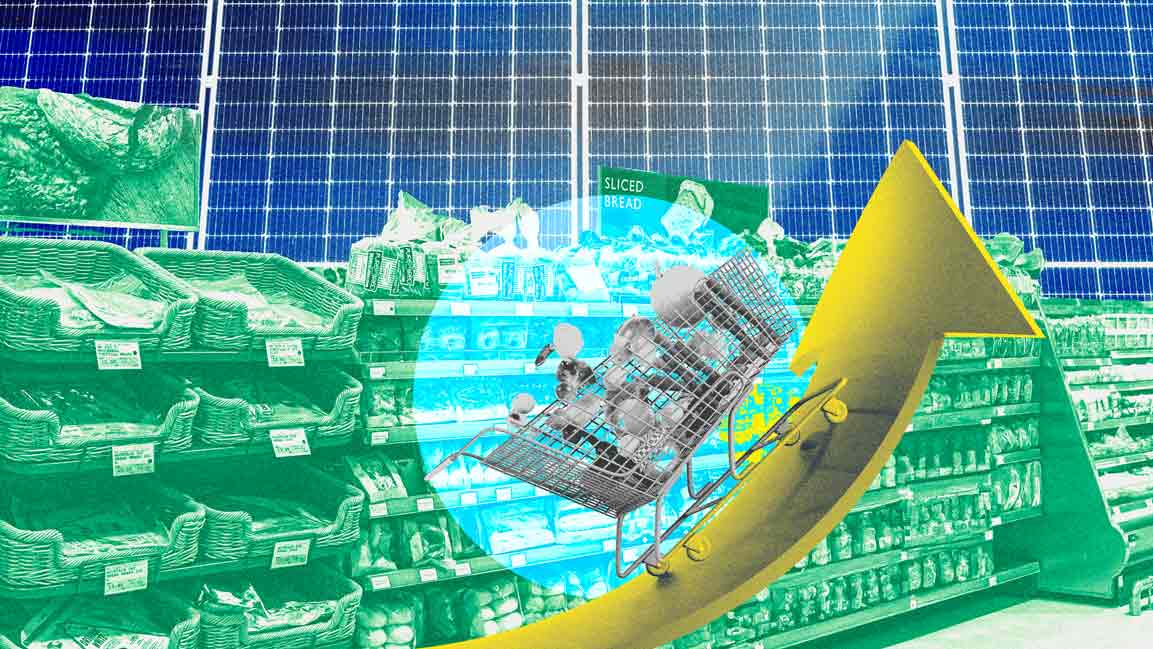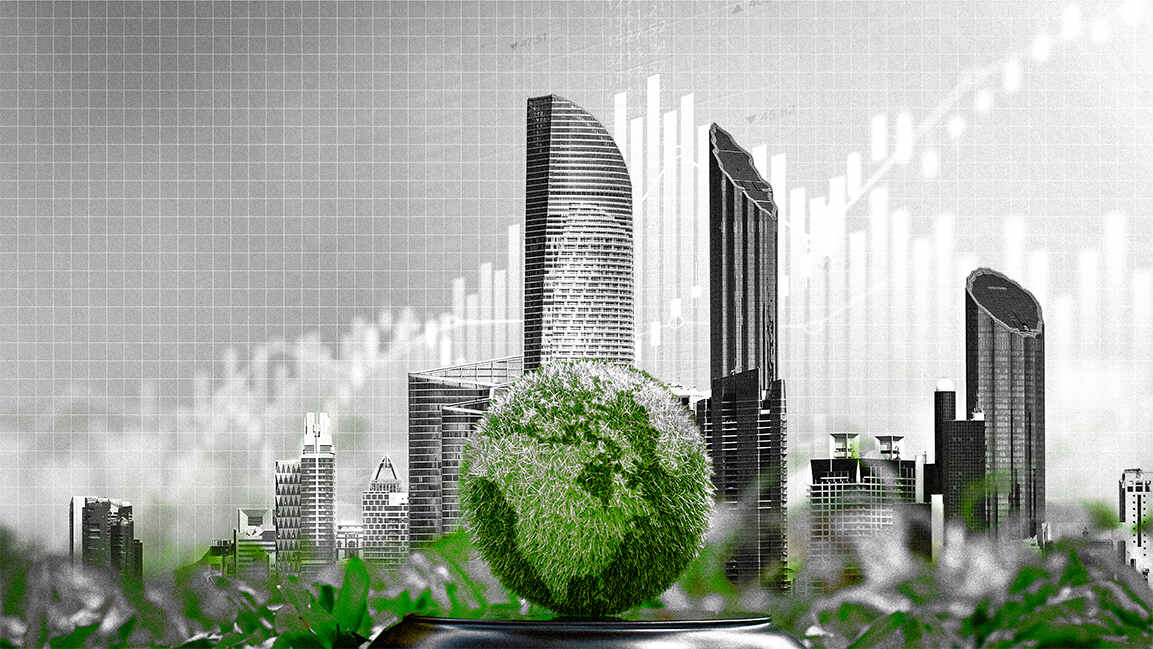- | 10:00 am
How will sustainability in the Middle East change in the next decade?
The Middle East is preparing for a significant transformative shift.

The second edition of the Green Goals Summit will be held in Dubai on November 2.
The compelling need to address climate change has never been greater. With the undeniable connection between climate change and human actions, the world recognizes the urgency of the matter. That’s why businesses, governments, and individuals are working towards minimizing their environmental footprint, striving for a brighter future.
As a result of these actions, what might the world look like in the next decade?
Next month, Fast Company Middle East will host the second edition of the Green Goals Summit in Dubai. This event will gather visionary leaders and experts to deliberate on the climate crisis and the transformative impact of sustainability on our future.
Dimitra Theodoropulos, Director of Sustainability & Corporate Responsibility at Talabat, believes sustainability will evolve into an integrated business model, extending throughout the entire value chain. Accountability and transparency will remain crucial when addressing sustainability, with stricter and more consistent reporting and communication approaches.
He says, “People will be more educated on sustainability, and companies will have evolved to offer products and services to increase engagement and education on the topic.”
He stresses that sustainability will integrate into the daily lives of both individuals and companies as an essential aspect of “how” things are done. “After the numerous climate disasters awaiting us, the long-term private sector will lead on the solution with government policy support.”
The Middle East is in a favorable position for the energy transition process while recognizing the distinct starting points of oil-rich states and resource-deficient countries.
Andrei Covatariu, International energy and climate change expert and a non-resident scholar in the Climate and Water Program at the Middle East Institute, says, “While the oil game will certainly diminish in the future, the next decade may bring a peak of fossil-fuel trade in the region, as emerging economies are still importing these resources for their much-needed economic development.”
Oil-rich nations are aware of this trend and, as a result, aim to secure a position in the emerging energy paradigm. They are already working towards this through research, development, innovation, and sustainable financing in developing countries. Some of these methods include adopting more efficient clean energy technologies and exploring green hydrogen.
Theodoropulos believes that companies have the potential to contribute more to sustainability. He says, “Sustainability needs to be positioned internally as a way for companies to reduce costs and identify new revenue streams with more impactful value creation rather than just an environmental play.”







































